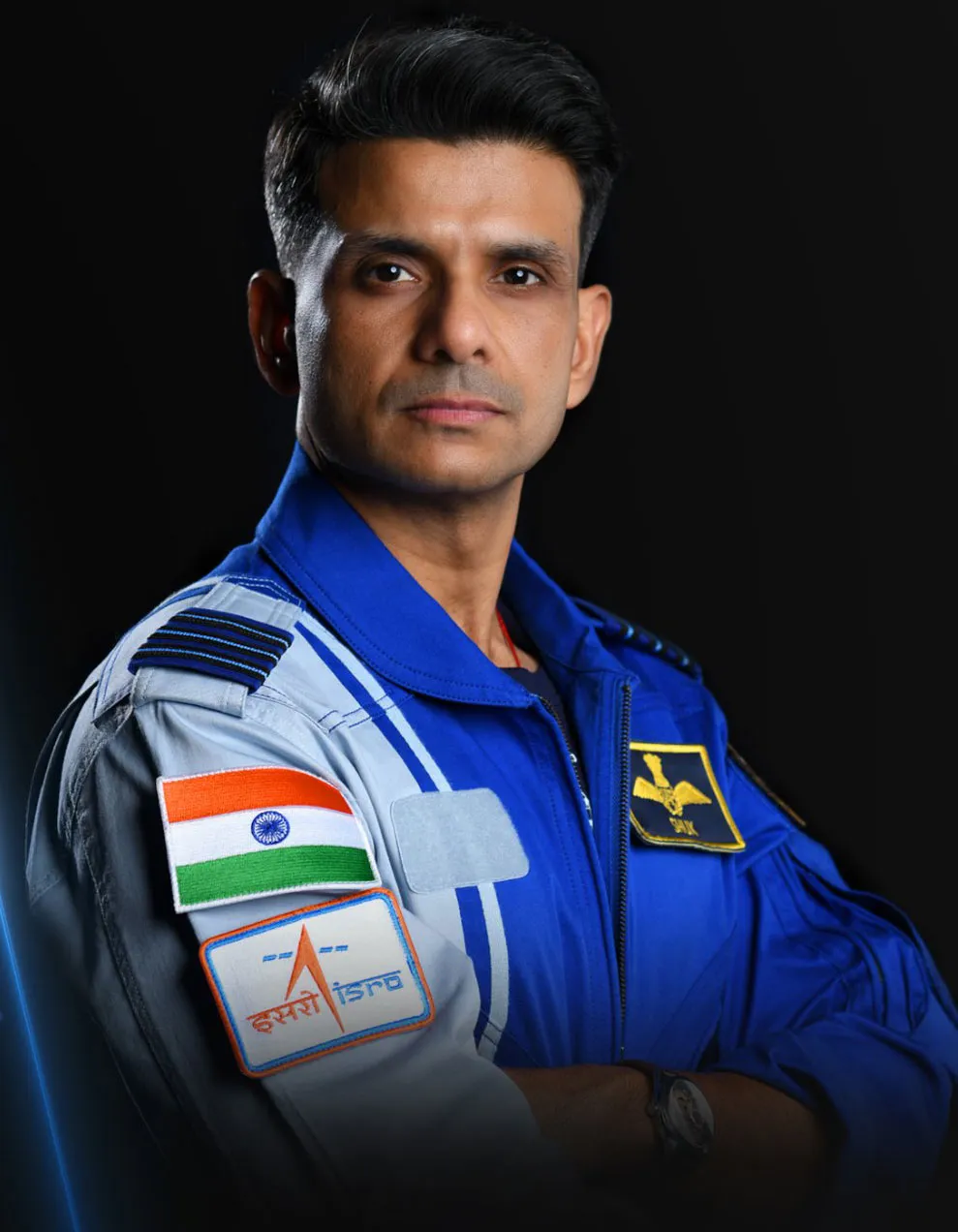 Image Source : britannica.com
Image Source : britannica.com
In a moment that transcends science and touches the soul, Group Captain Shubhanshu Shukla, India’s first astronaut to reach the International Space Station (ISS) in over four decades, has shared a profound message of unity from space. His reflections on the borderless beauty of Earth have now been immortalized in NCERT’s newly released Class 5 Environmental Studies textbook, marking a unique convergence of space exploration, education, and philosophy.
Key Highlights from Space and Earth
Shukla’s quote — “The Earth looks completely one; no border is visible from outside” — is featured in the chapter Earth, Our Shared Home in NCERT’s textbook Our Wondrous World.
His 20-day mission aboard the ISS concluded on July 15, 2025, as part of the Axiom-4 mission, also known as Mission Akash Ganga.
The mission marks India’s return to human spaceflight after 41 years, following Rakesh Sharma’s 1984 Indo-Soviet journey.
A View That Changed Everything
The Borderless Earth From the Cupola Module of the ISS, Shukla witnessed Earth in its purest form — a glowing orb with no visible boundaries. He described the experience as transformative, saying it reaffirmed the ancient Indian philosophy of Vasudhaiva Kutumbakam — the world is one family.
A Message to Young Minds His reflections are now part of a broader pedagogical reform under NEP 2020, which aims to blend science, ethics, and experiential learning. By including his quote in a school textbook, NCERT hopes to instill values of unity and environmental stewardship in children.
Conversation with the Prime Minister During a live interaction with Prime Minister Narendra Modi, Shukla shared how India appeared “much larger and grander” from space, emphasizing the interconnectedness of humanity. Modi hailed the mission as the beginning of India’s “second orbit” in space exploration.
Mission Akash Ganga: India’s Leap Forward
Shukla launched aboard a SpaceX Falcon 9 rocket from NASA’s Kennedy Space Center on June 25, 2025, and docked with the ISS on June 26.
He served as the mission pilot alongside astronauts Peggy Whitson, Slawosz Uznanski, and Tibor Kapu.
The $70 million mission was brokered by Axiom Space in collaboration with NASA and SpaceX, paving the way for India’s indigenous human spaceflight program, Gaganyaan.
Scientific Contributions and Outreach
Research on Myogenesis Shukla conducted experiments on muscle atrophy in microgravity, contributing to research vital for long-duration space missions and medical science on Earth.
Global Engagement His photographs from the Cupola Module — showcasing Earth’s oceans, continents, and weather systems — have gone viral, inspiring awe and pride across India.
Cultural Touchpoints Shukla carried Indian delicacies like gajar ka halwa and aam ras to space, which were enjoyed by fellow astronauts, adding a personal and cultural flavor to the mission.
Educational Impact and Broader Themes
The NCERT textbook also introduces students to innovations like DIGIPIN, environmental initiatives like Namami Gange, and cultural treasures from across India.
Chapters include practical life skills, oral hygiene, food preservation, and travelogues that connect children with India’s ecological and cultural diversity.
Inspirational stories of national heroes are interwoven to foster resilience and patriotism.
Conclusion
Shubhanshu Shukla’s journey is more than a scientific milestone — it’s a philosophical awakening. His view of Earth as a unified, borderless home resonates deeply in a world often divided by lines on maps. By embedding this message in the minds of young learners, India is not just reaching for the stars — it’s nurturing a generation that sees the planet as one shared destiny.
Source: NDTV India News – August 3, 2025
Advertisement
Advertisement



